I would like to create a query that populates a field in one table based on a keyword lookup (CONTAINS) referencing a keyword field from a different table. See sample tables below:
tbl_Parts
+----+------+-------------+------+
| ID | Comp | Desc | Type |
+----+------+-------------+------+
| 1 | 112 | Brg, Ball | |
| 2 | 245 | Bearing, X | |
| 3 | 364 | Mtg Ring, 1 | |
| 4 | 445 | Pump, 2x3 | |
+----+------+-------------+------+
tbl_Ref
+----+---------+-------+
| ID | Keyword | Type |
+----+---------+-------+
| 1 | Bearing | O |
| 2 | Ring | S |
| 3 | Pump | P |
| 4 | Disc | O |
+----+---------+-------+
Specifically, I would like to populate tbl_Parts.Type using tbl_Ref.Type WHERE tbl_Parts.Desc CONTAINS tbl_Ref.Keyword.
However, I have not been able to find any examples of the CONTAIN function that utilizes a field as reference. I would imagine the query would look similar to this:
SELECT *
FROM (
SELECT tbl_Parts.Comp, tbl_Parts.Desc, tbl_Ref.Type AS tbl_Parts.Type
FROM tbl_Ref, tbl_Parts
WHERE tbl_Parts.Desc CONTAINS tbl_Ref.Keyword
) AS x;
I know this is far from correct, but it's all I can conjure up at the moment.
There will also be instances where tbl_Parts.Desc contains multiple keywords. In this case, I would like to concatenate all type matches. However, this functionality is not priority at the moment.
It should be noted that I am okay with doing this in a lookup query within the Design of tbl_Parts, a standalone Query, or an Append Query.
Any advice or suggestions for this would be great, thanks in advance!


